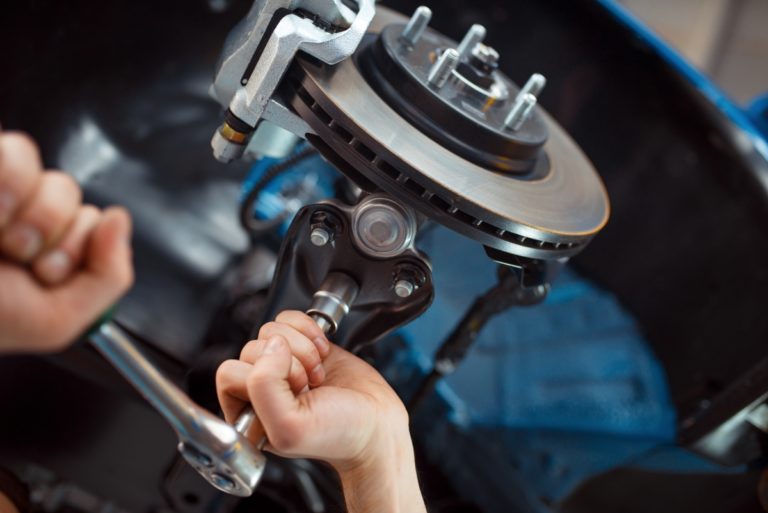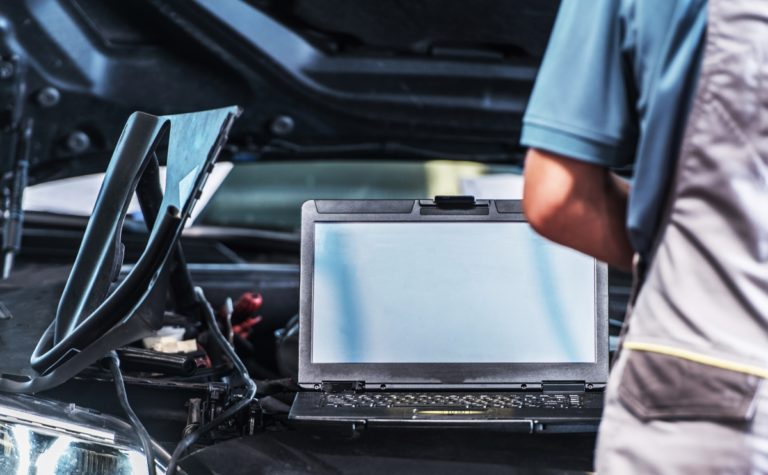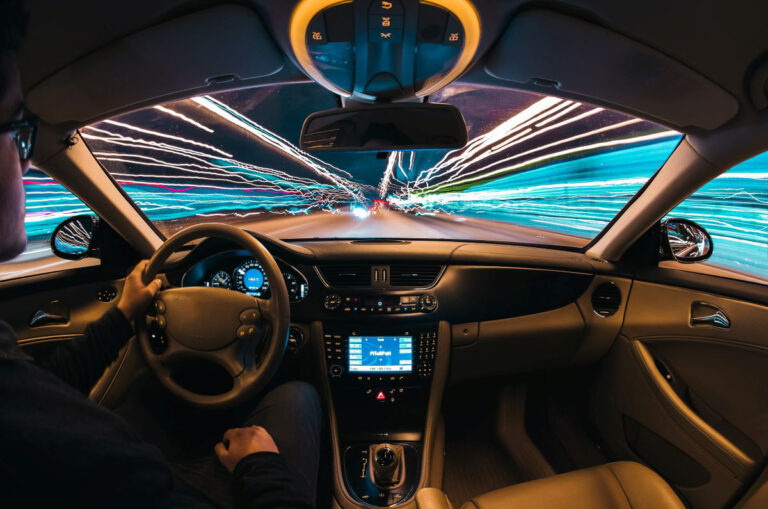Signature gathering company hired by ballot question proponents, “used a process that covertly took away the voter’s control of their own signature”
BOSTON, MA – JULY 1, 2020 – A ballot question that puts the personal information of everyone in Massachusetts up for grabs will be on the November ballot, despite a State Ballot Law Commission ruling that the digital signature gathering effort used by the proponents’ vendor violated public policy. The little noted Commission ruling, issued last week, slammed the practices of the digital signature vendor in another signature collection effort:
“More disturbing is the fact that…their software allowed for a voter’s signature to be downloaded and applied to another document. Such software tempts malicious actions and can result in misuse.”
“This is exactly the kind of danger that we have been warning about since this group started collecting signatures. The national political groups and Beacon Hill lobbyists who are pushing this ballot question cannot even be trusted to safeguard the information of their supporters – let alone the millions of drivers in Massachusetts whose data they are trying to access,” said Conor Yunits, spokesperson for the Coalition for Safe and Secure Data, a group formed to oppose the ballot question. “So now voters will be forced to protect their own information, and vote against a proposal that has been opposed by domestic violence groups, among others, because of the significant personal safety and cybersecurity risks it creates.”
The ballot question, which would open up vehicle data information to unlimited third parties, is backed by the $200 billion-a-year automotive aftermarket industry. The national group spent nearly $2 million over the past eight months to collect signatures, including hiring a company called VenueX Media, owned by Brian Fitzgibbons, to help collect digital signatures, which were allowed for the first time by the Supreme Judicial Court of Massachusetts due to the COVID-19 pandemic.
However, VenueX’s signature gathering process was exposed in a State Ballot Law Commission ruling on June 26 (Brathwaite v. Brady), which found that VenueX was building a database of voter emails, phone numbers and signature files:
“Additionally troubling to the Commission was the fact that the voter’s signature was being uploaded and stored in a separate file apparently without the knowledge and consent of the voter. Nowhere on the website was it disclosed that this was being done with a voter’s signature. Further, the process required a voter to provide information beyond what is required for their name to be certified, including an email address. The website did not disclose what was being done or who had access to the voter’s information, including their email address, telephone number, if provided, and IP address, all of which is being stored by the vendor.”
The Commission ruled that, not only did the VenueX process fail to comply with court rulings and instructions from the Secretary of the Commonwealth’s office, but the company, “used a process that covertly took away the voter’s control of their own signature and the nomination paper they signed.”
The decision also blasted the company’s efforts to protect the personal information of Massachusetts voters:
“An additional and very troubling aspect of the Respondent’s electronic gathering process is the seemingly cavalier manner in which a voter’s signature and other personal information was handled. At no point was a voter made aware that their signature image would be maintained in a file.”
Ultimately, the Commission ruled, “that the electronic signature gathering process used… was violative of public policy.”
“What voters in Massachusetts want right now is honesty and transparency – so let’s be transparent about this ballot question: it does nothing for small business and it puts consumer privacy and safety at risk,” said Yunits. “Whether this question passes or fails, consumers will still be able to get their cars fixed wherever they want, and repair shops will still be able to fix any car. But if this question passes, your personal vehicle and driving information will be open to more people, more companies, and more danger. That was clear the moment they filed this proposal, and it is certainly obvious today.”
The question will be assigned a number by the Secretary of the Commonwealth later this month.
###




